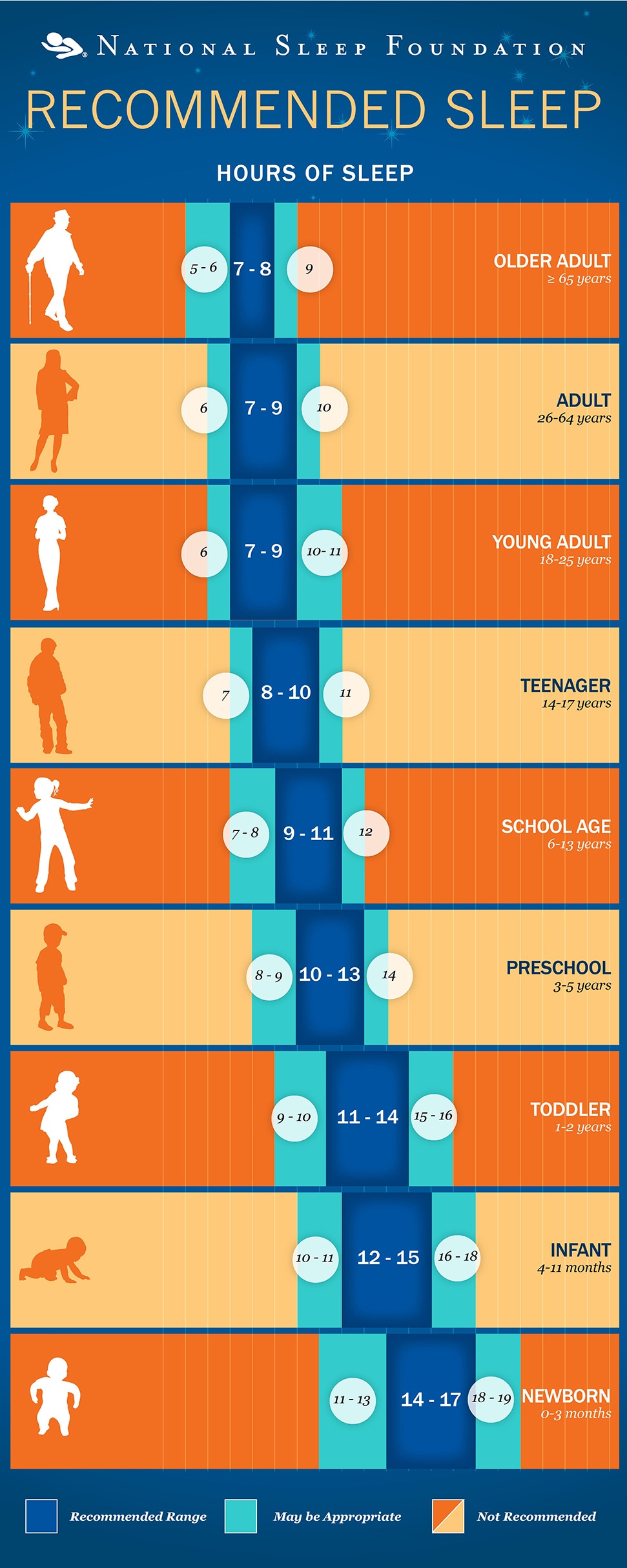Nutrition
Download the pdf below for information about how to stay healthy and strong the entire season!
| nutrition.pdf | |
| File Size: | 484 kb |
| File Type: | |
Myfitnesspal - click here
- This is a great tool to use for monitoring your nutrition
A great article! "The 3 Keys To Proper Nutritional Recovery" - click here
35 amazing health benefits of running (+10 tips for beginners) - click here
simple diet guidelines
IF YOU EAT WELL, YOU PERFORM WELL. IF YOU EAT JUNK, YOU PERFORM LIKE JUNK.
Eat a balanced diet, a variety of foods.
Eat breakfast.
Fruits & Vegetables are extremely important.
Drink an abundance of water.
Take a multi-vitamin with iron.
On race day, do not overeat.
Avoid excess fat in your diet.
Eat a balanced diet, a variety of foods.
- Eat daily from all four food groups (meats, milk, bread-cereals, fruit-vegetables).
Eat breakfast.
- Do not leave home without it!!
Fruits & Vegetables are extremely important.
- Eat at least four servings (glass of juice, banana, apple, etc.) daily. They provide very important vitamins, minerals, and carbohydrates. They are essential for good performance.
Drink an abundance of water.
- Water makes up 60% of the body and is absolutely necessary to function. Try to avoid carbonated beverages (pop). They take oxygen from the blood and can cause bone damage.
Take a multi-vitamin with iron.
- Generic brands are fine. Girls lose a lot of iron in menstruation. Boys & Girls lose iron through the constant pounding of their feet. Iron transports blood through the body.
On race day, do not overeat.
- On Saturdays eat toast, cereal, muffin, bagel, waffles. All are good and easily digested. Avoid milk before meets.
Avoid excess fat in your diet.
- Fat is difficult to digest and clogs the arteries.
sleep
The amount of sleep an athlete gets is one of the most neglected aspects of teenage athletics. One of the major reasons we have high school sports is to teach young people about time management. Our athletes need to learn how to manage their schedules and responsibilities while still being able to get the necessary and optimum amount of sleep so that they are able to handle the training load and perform to their highest ability.
Follow these healthy sleep tips from the National Sleep Foundation
For more detailed information visit the National Sleep Foundation website - click here
- Stick to a sleep schedule of the same bedtime and wake up time, even on the weekends. T
- Practice a relaxing bedtime ritual.
- If you have trouble sleeping, avoid naps, especially in the afternoon.
- Exercise daily.
- Evaluate your room.
- Sleep on a comfortable mattress and pillows.
- Use bright light to help manage your circadian rhythms. Avoid bright light in the evening and expose yourself to sunlight in the morning. This will keep your circadian rhythms in check.
- Avoid heavy meals in the evening. Heavy meals and caffeine can disrupt sleep.
- Avoid electronics before bed or in the middle of the night.
For more detailed information visit the National Sleep Foundation website - click here
Sleep Chart: Teenagers need 8-10 hours of sleep a night in order to function at their best both athletically and academically.
iron & the effects of anemia
Anemia is the clinical term for low-iron levels in the blood. Iron is crucial for delivering oxygen to the muscles. When are runner is anemic, they will begin to fatigue early and it is impossible for them to perform at anywhere close to their best. For male runners iron is lost in a couple of ways; one being through the everyday pounding on the bottom of your feet and the other is through the diet. This is a very serious problem in that it can derail an entire season if not addressed. Even colleges are now requiring their athletes to have Ferritin (iron) checked monthly. A positive when dealing with running and anemia is that the issue is nearly 100% preventable.
Steps that you can take to prevent Anemia:
Steps that you can take to prevent Anemia:
- Eat iron-rich foods
- Here's a great resource - click here
- Here's a great story - click here
- Take a multi-vitamin WITH iron
- Have your Ferritin level tested at least once a year (best done during the off-season to provide a baseline)

